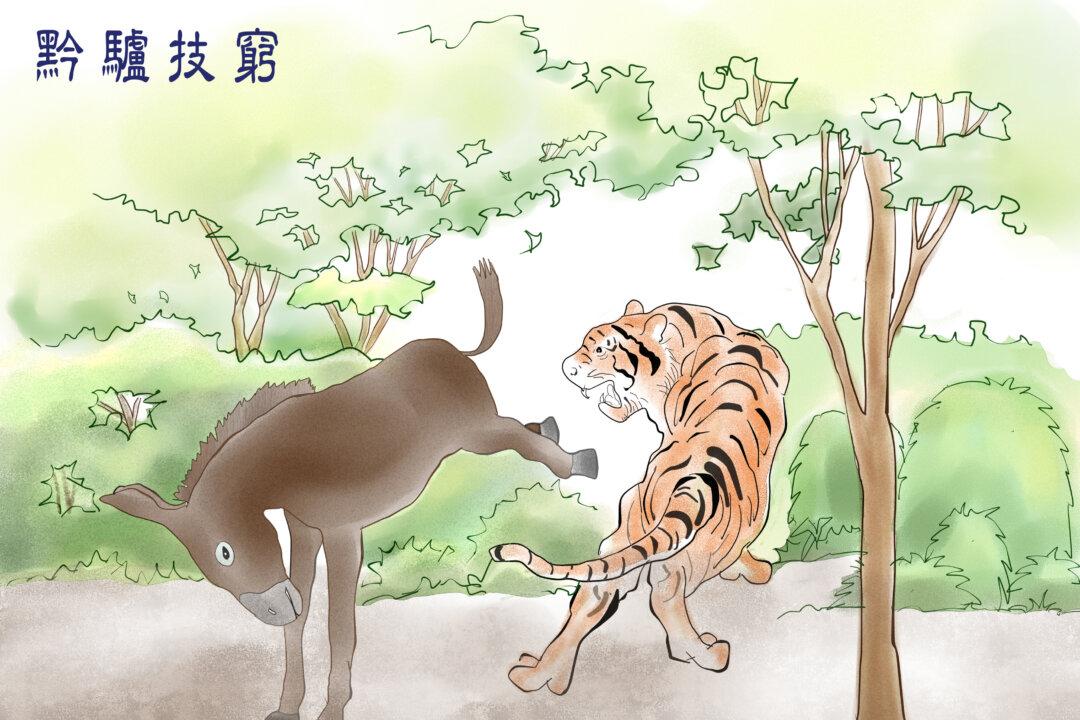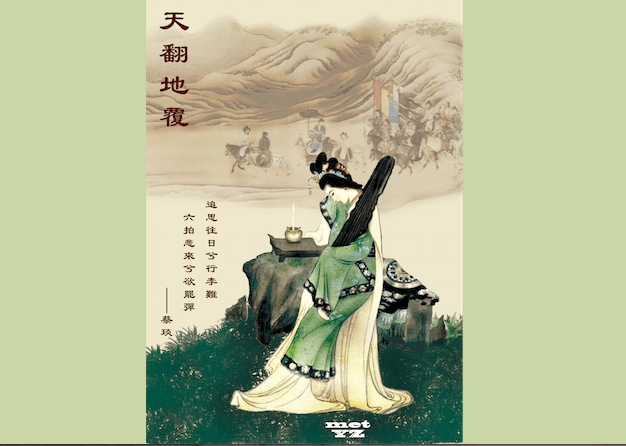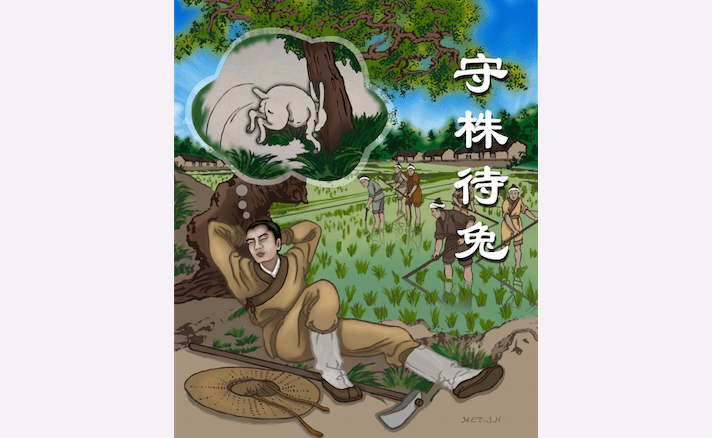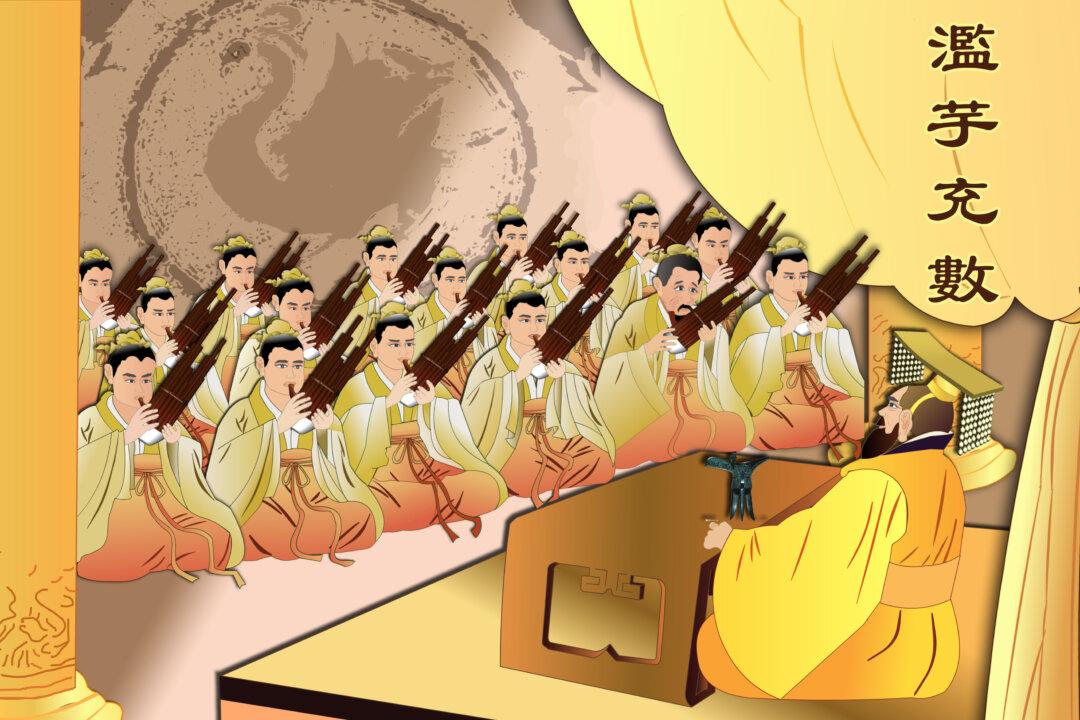The Chinese idiom “黔驴技穷” (qián lǘ jì qióng) literally means “the donkey has exhausted its tricks” and it is based on a fable included in the book San Jie by Liu Zongyuan(1) who was one of the two finest prose writers of the Tang Dynasty (A.D. 618–907).
Once upon a time, a donkey was shipped to Guizhou Province by an officious person, as there was no such animal in the area. The donkey was left in the woods near a mountain.
A hungry tiger ran out from the mountain. When he saw this big, tall beast, he felt frightened because he had never seen a donkey before. He quickly hid himself in the woods and spied on the donkey. Sometimes, the tiger ventured a little nearer, but he always kept a respectful distance.
One day, the tiger gathered up his courage and approached even nearer to the donkey. Just then, the donkey gave a loud bray. Thinking the donkey was going to eat him, the tiger hurriedly ran away. While hiding in the woods, the tiger watched the donkey carefully and found the donkey did nothing more.
After long observation, the tiger gradually got used to the donkey’s braying and was no longer so afraid. The donkey did not seem to have any other special ability. So, he went nearer and even walked around the donkey.
The tiger became bolder when he realized the donkey was not so fearsome. In order to see what the donkey would do when it was angry, he walked in front of it and purposely bumped into it. The donkey did get angry. It struck out with its hind legs and kicked wildly.
The tiger was first surprised but soon became gleeful when he saw that that was all the donkey could do. With a roar, the tiger jumped on the donkey and made a good meal of it.
The idiom “the donkey has exhausted its tricks” originated from this fable. Today, people use this phrase to describe someone who is at his wit’s end or a situation in which one has exhausted one’s skills.
Note:
- 1. Liu Zongyuan (A.D. 773–819) is recognized as one of only two great Tang Dynasty writers and he is also included among the Eight Great Prose Masters of the Tang and Song dynasties. He is particularly known for his allegorical writings and for his fables.




